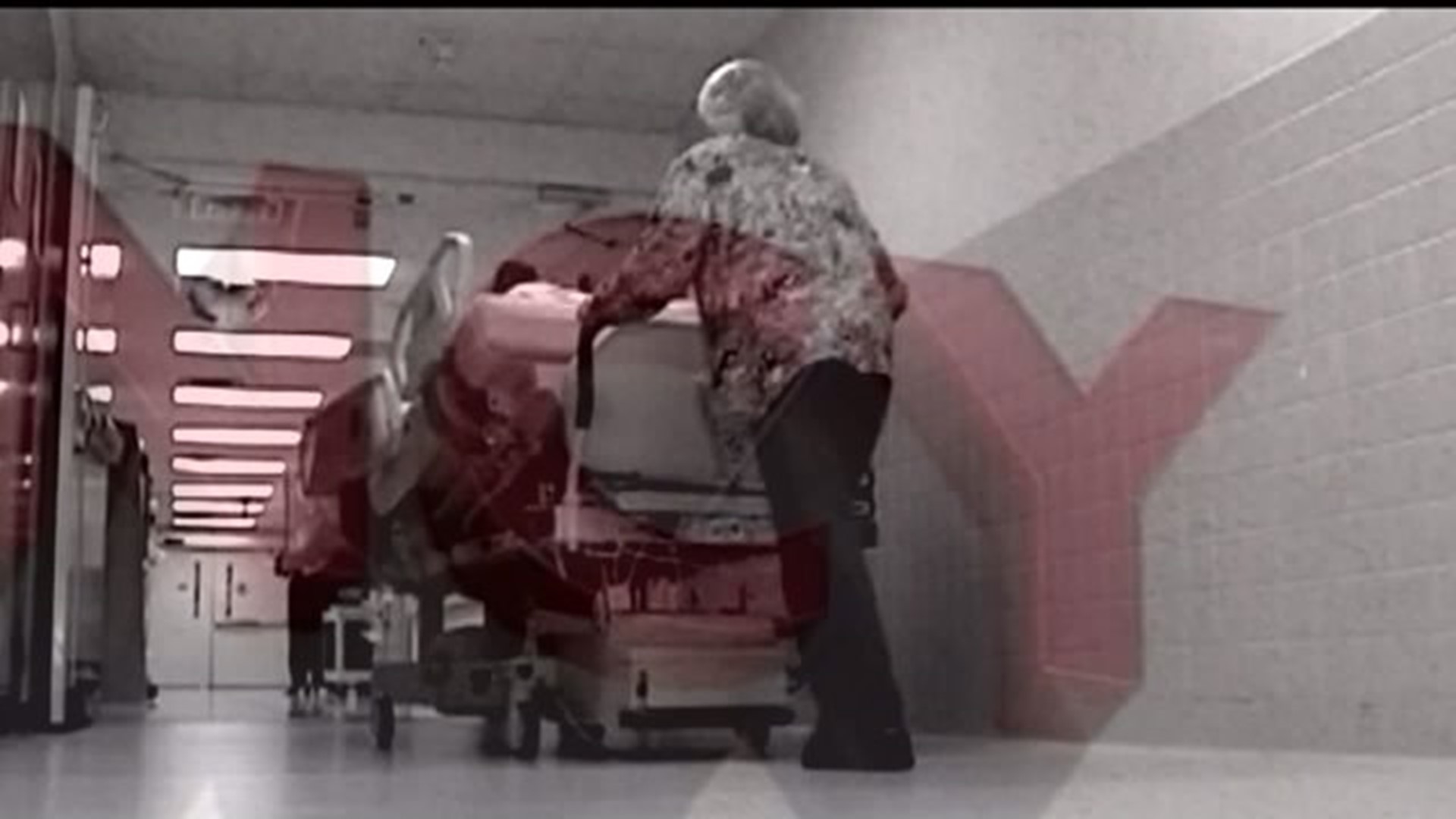It’s something no one wants to think of, one of your loved ones diagnosed with a terminal illness and given only a few months left to live.
But for some people, like Representative Mark Rozzi from Berks County, it’s a helpless feeling he knows all too well.
“My father had a brain tumor, a glioblastoma, so I have seen terminal illness first hand,” he said.
After several weeks of pain and suffering, his father passed away in 2001.
“After watching him die this way, I thought to myself, ‘if I’m in this position, that I have a terminal illness and I have less than 6 months to live, would I want the option to end my life in a dignified manner, surrounded by my family and friends?’ And that answer is yes,” he said.
That answer is also the main reason Representative Rozzi introduced House Bill 943 also known as the Compassionate Autonomous Right for the End of Life ACT or CARE.
If passed, it would allow doctors to prescribe life-ending medication to terminally ill patients in Pennsylvania.
“You would have to go see your consulting physician first,” Rep. Rozzi said. “They would have to make a determination that you have less than 6 months to live. Then, you would have to go see a second consulting physician which would also have to agree with the first doctor that you do have less than six months to live and that you aren’t being pressured.”
Both doctors would also have to agree that the patient has no hope of recovery as well as certify that they’ve told the patient all of the options.
“You shouldn’t have to wait for somebody in your own family to go down this road to say, ‘now I support this.’ Open up your mind and let’s get to the point where if you are at this point in your life, you have this choice,” Rozzi added.
Representative Rozzi isn’t alone in the fight. Senator Daylin Leach has also introduced a similar bill.
“These people do not want to die. They want to live,” Sen. Leach said. “They don`t want to commit suicide, but they’re not going to live, so the question isn’t whether they live or die, it’s how they die and whether it’s done in a dignified way, with family members around or in the middle of the night in a hospital connected to tubes, with no one around,” he added.
Not everyone is on board with the idea though.
Pam Auer is with the Center for Independent Living of Central PA and is an activist with the national disability rights group, Not Dead Yet.
“People already have the right to commit suicide; they make that choice for themselves. Why add assisted suicide,” she said.
Aside from religious opposition, she says there’s also concern with how this legislation could negatively impact people with disabilities.
“There are people with disabilities that are living on ventilators that if you take that away, they’re going to die so they could be considered terminal,” Auer said. “There are people with types of muscular dystrophy that they know that there’s a life span, but if they’re living a quality of life and you’re getting the proper support and services they can live a quality of life, why look to assisted suicide.”
Auer says lawmakers should instead work on improving systems Pennsylvania already has in place.
“I think we need better palliative care, more money in hospice and more money in home community services before anybody even starts to think about a bill in Pennsylvania,” she said.
In the meantime, with both bills stuck in committee, lawmakers say it’s going to take the power of the power if they want to see some movement.
“With the will of the people, to stand up and speak out and put pressure on and say, 'This is my right, give me my right,'” Rozzi said.
In addition to California and Oregon, three other states currently have death with dignity laws in place.
They include Washington, Montana, and Vermont.

